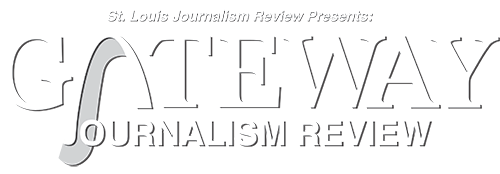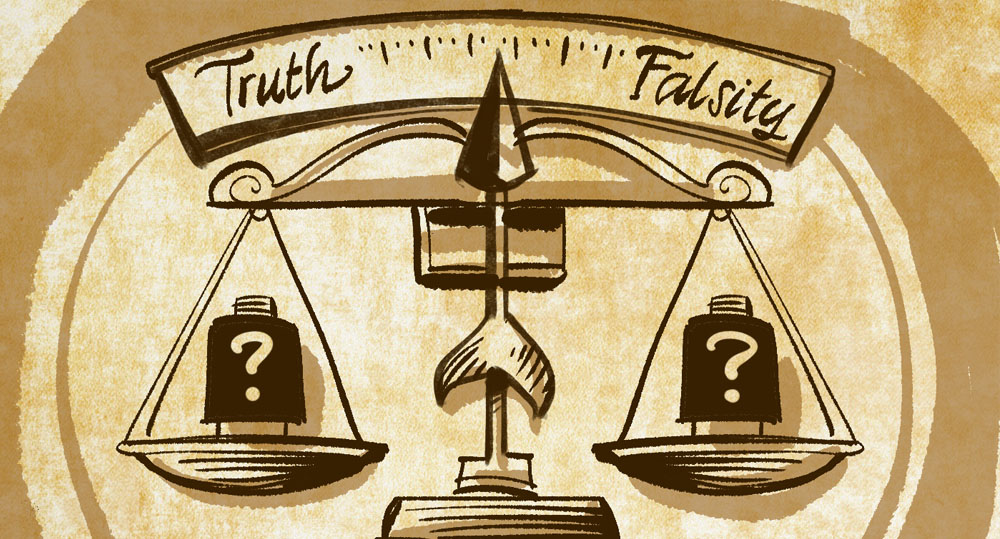The Bill of Rights is every American’s license to say no:
- I don’t agree with the president or Congress or the Supreme Court.
- I won’t bow down to any orthodoxy, religious or political.
- I won’t worship someone else’s God or the state’s God. I might not worship any god at all.
- The government can’t tell me what to think or what I can say or view or draw or photograph or read.
- The government can’t stop me from speaking or even stop the printing of most national security secrets.
- I won’t salute the flag. I might even burn it or the Bible or the Constitution or the Koran in protest. I might kneel on the gridiron during the national anthem. And if I’m a public school student even the principal can’t force me to take off an armband protesting the war.
- The government can’t take away the gun I have to protect my house, nor can the police search me or my house or my cell phone without a good reason.
- The government can’t tell me I have to marry someone of a particular race, or religion or sex. Nor can the government tell me what to do with my body. It can’t force me to have children or tell me I can’t have children.
- The government can’t refuse to teach the theory of evolution to my children because of religious objections. Nor can it force my children to hear the pseudo-science of creationism in public schools.
- The government can’t make me confess to a crime or put me in prison unless I’ve had a lawyer and a fair trial before an impartial jury. And if the punishment violates today’s standards of decency, the government can’t impose it.
- The government can’t tell me to stay out of the park or off the street with my signs and banners of protest. Nor can the police tell me I can’t protest at night or shoot rubber bullets at peaceful protesters.
Negative rights
The Bill of Rights is a charter of negative rights – things the government can’t do to its citizens. It’s a perfect document for a nation of contrarians that got its start by shouting no to King George III. And it’s the reason Americans are so free.
The idea of the First Amendment is to protect the ideas people hate. There is no need for a First Amendment to protect popular ideas. The majority won’t outlaw speech it likes. This is why the First Amendment protects all sorts of distasteful speech that makes the majority mad. This includes hate speech, flag burning, cross-burning, Nazi parades, profanity, pornography, violent video games, politicians’ lies, multi-million dollar contributions to political campaigns, anti-gay protests at soldiers’ funerals and slurs such as calling police pigs.
Nazis can parade through south St. Louis or through Skokie in front of Holocaust survivors. The Ku Klux Klan can wear hoods and robes, burn a cross and promise “vengeance” against ”n……” and “Jews.” A Vietnam protester can walk through a courthouse with a jacket that says, “Fuck the draft.” Protesters can burn the flag in front of George H.W. Bush’s nominating convention. The Westboro Baptist church can picket funerals of soldiers displaying hateful, anti-gay signs. Pornographer Larry Flynt can publish a parody of the Rev. Jerry Falwell having sex with his mother in an outhouse in order to spoof the Christian majority. The alt-right – and the left for that matter – can post fake news on the Internet to tilt an election.
Truth wins out
The First Amendment rests on the Enlightenment premise that truth wins over falsity on the battlefield of ideas. As John Milton put it in the 17th century: “who ever knew Truth put to the worse in a free and open encounter?”
Oliver Wendell Holmes, one of the great justices of the 20th century, put the same idea in the libertarian lexicon of free markets. “When men have realized that time has upset many fighting faiths,” he wrote in a 1919 dissent, “they may come to believe, even more than they believe the very foundations of their own conduct that the ultimate good desired is better reached by free trade in ideas – that the best test of truth is the power of the thought to get itself accepted in the competition of the market.”
The other great free-speech justice of the early 20th century, Louis Brandeis, had a more communitarian explanation for free speech, describing its importance to democracy. In what many view as the greatest defense of free speech on the Supreme Court, Brandeis wrote: “Those who won our independence believed that the final end of the State was to make men free to develop their faculties, and that, in its government, the deliberative forces should prevail over the arbitrary. They valued liberty both as an end, and as a means. They believed liberty to be the secret of happiness, and courage to be the secret of liberty. They believed that freedom to think as you will and to speak as you think are means indispensable to the discovery and spread of political truth; that, without free speech and assembly, discussion would be futile; that, with them, discussion affords ordinarily adequate protection against the dissemination of noxious doctrine; that the greatest menace to freedom is an inert people; that public discussion is a political duty, and that this should be a fundamental principle of the American government.
…Believing in the power of reason as applied through public discussion, they eschewed silence coerced by law – the argument of force in its worst form. Recognizing the occasional tyrannies of governing majorities, they amended the Constitution so that free speech and assembly should be guaranteed.”
Running through Milton, Holmes and Brandeis is an almost religious faith that everything will work out as long as people can freely express themselves. Undergirding this premise is the European Enlightenment’s belief in empiricism. Science, study and analysis can find facts upon which people and democratic societies can make the right decisions.
But what if the premise isn’t true?
What if a free society doesn’t land on the truth?
What if fake news gets more attention online than real news?
What happens when a “publisher” like Julian Assange, who portrays himself as a truth teller, becomes an arm of Russian intelligence?
Through the lens of history
The First Amendment does not guarantee truth will win out, or at least that it will win out immediately. America enslaved and then discriminated against African-Americans from its founding. It took centuries and hundreds of thousands dead to end slavery and almost another century, with lynchings and murders, to end segregation. Even today the truth about the impact of systemic discrimination against blacks isn’t broadly accepted, although Ferguson was a step in that direction.
America denied women the right to vote even longer than it did for blacks. Only in the past 40 years has the country begun to realize the truth of second-class treatment of women in the workplace and the extensiveness of sexual harassment on college campuses and in everyday life. In 2016 America rejected a highly qualified woman for president and elected a man who bragged about how he sexually assaulted women.
America drove Native Americans from their land and killed them in America’s very own holocaust. And the U.S. still hasn’t faced up to the truth of its oppression of the continent’s original residents.
America imprisoned socialists and anarchists in World War I, put innocent Japanese-Americans in relocation camps in World War II, allowed Joseph McCarthy to ruin thousands of people’s lives during the Cold War, imprisoned anti-war opponents who burned their draft cards during Vietnam and rounded up Middle Eastern men and tortured prisoners after 9/11.
Is that a history of the First Amendment failing Milton’s, Holmes’ and Brandeis’ belief in truth-finding? Maybe not. There’s another way to look at it. Over decades and centuries, the nation has crept closer to truth.
Newspaper editors are no longer jailed for criticizing the president as they were under the Sedition Act. Critics of war and the draft no longer are jailed for leafleting, as they were during World War I. A candidate for president couldn’t be imprisoned for an anti-war speech, like Eugene Debs. The country seems to have accepted that the Japanese-American internment camps were a terrible injustice. It took years, but Joseph McCarthy was revealed as a demagogue and censured but by the Senate.
Slavery and segregation by law ended, women won the right to vote, broad civil rights protections for African-Americans and women won passage. Same-sex marriage recently won constitutional protection. Women have access to birth control and abortion. The Equal Rights Amendment lost but the Supreme Court expanded the Constitution’s “equal protection” to include almost everything the amendment would have provided. Title IX has revolutionized women’s roles in sports and college life. And campuses around the country are aware as never before of the extent of sexual harassment.
Thieves and rapists no longer are executed as they were at the time of the Bill of Rights. Nor are juveniles executed, even though they were as recently as the turn of the 21st century. People accused of crimes have a right to a lawyer. Prosecutors no longer can toss blacks off juries to create all-white ones. Many in society have awakened to the broad, constitutional abuses that police departments and municipal courts, such as Ferguson, Missouri’s, imposed on citizens.
Today, Americans have finger-tip access to the broadest range of opinion, fact and fiction of any generation in history. The test of the rest of this third century of the Bill of Rights is whether the people of the freest nation on earth can chart a course through the sea of images, sounds, news and opinion that surrounds us and hold to the course that has moved us in a steady zigzag toward greater truth and justice.


No Comments